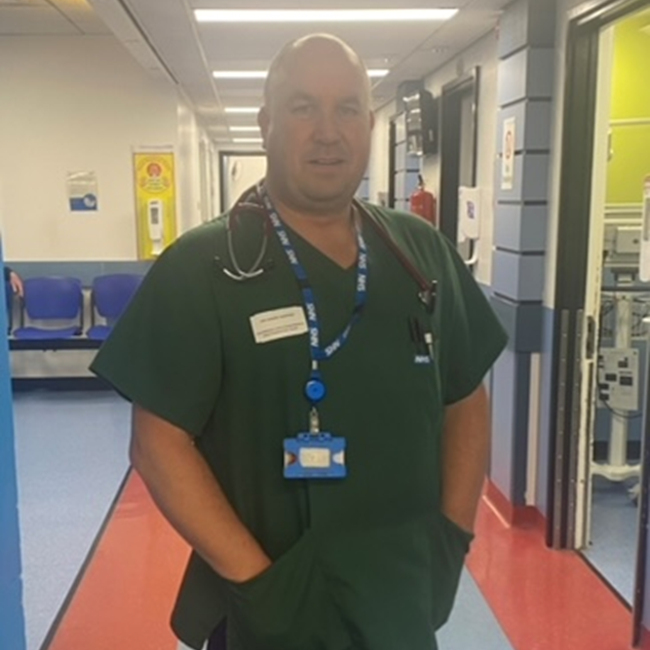 Hello, my name is Mark.
Hello, my name is Mark.
I have been working with the National CLEAR programme (Clinically Led Workforce and Activity Redesign Programme), to identify improvement in non-elective care that can be made by developing Same Day Emergency Care (SDEC) services. The CLEAR programme is hosted by East Lancashire Hospitals NHS Trust. The focus of CLEAR is to empower those colleagues who are doing the work to design innovative ways of working to improve care and workforce. This fits with Calderdale and Huddersfield NHS Foundation Trust’s approach to ‘One Culture of Care,’ where we always seek to improve the experience of patients and our colleagues.
As everyone working in any NHS Trust knows, the need for care from our patients has increased and we are seeing higher volumes of patients with higher levels of acuity. Providing care for these patients in the right part of our care system is vital and a key enabler to that is ensuring that only patients in need of urgent and emergency care are seen in our Emergency Departments (ED).
The CLEAR programme matches clinical teams’ sound knowledge of issues with data analysis, identifying the most efficient and effective care pathways. It looks at four clear steps in its methodology: clinical engagement; digital visualisation; innovation and recommendations.
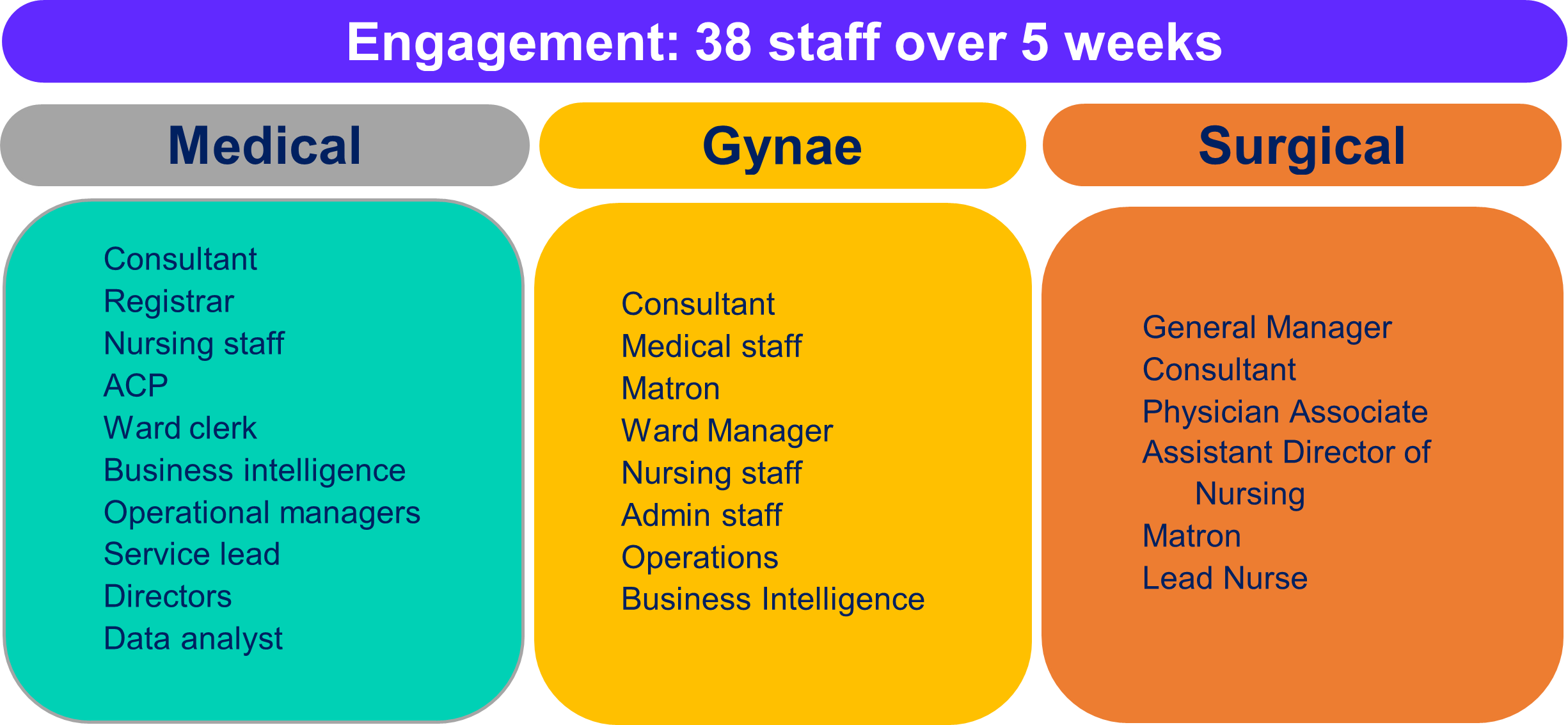
The clinical engagement enabled us to look at our current baseline model of care and capture the real experiences of our clinical teams to formulate a qualitive assessment of the current reality for our patients and colleagues. We then cross referenced this qualitative assessment with data to analyse where current issues existed and where further efficiencies could be made. Bespoke modelling techniques then enabled us to develop new models of care via a collaborative approach, thus ensuring the buy in of the colleagues who could make necessary change happen.
By the time we reached the recommendations of the programme, the proposals were self-evident and fully supported by the team.
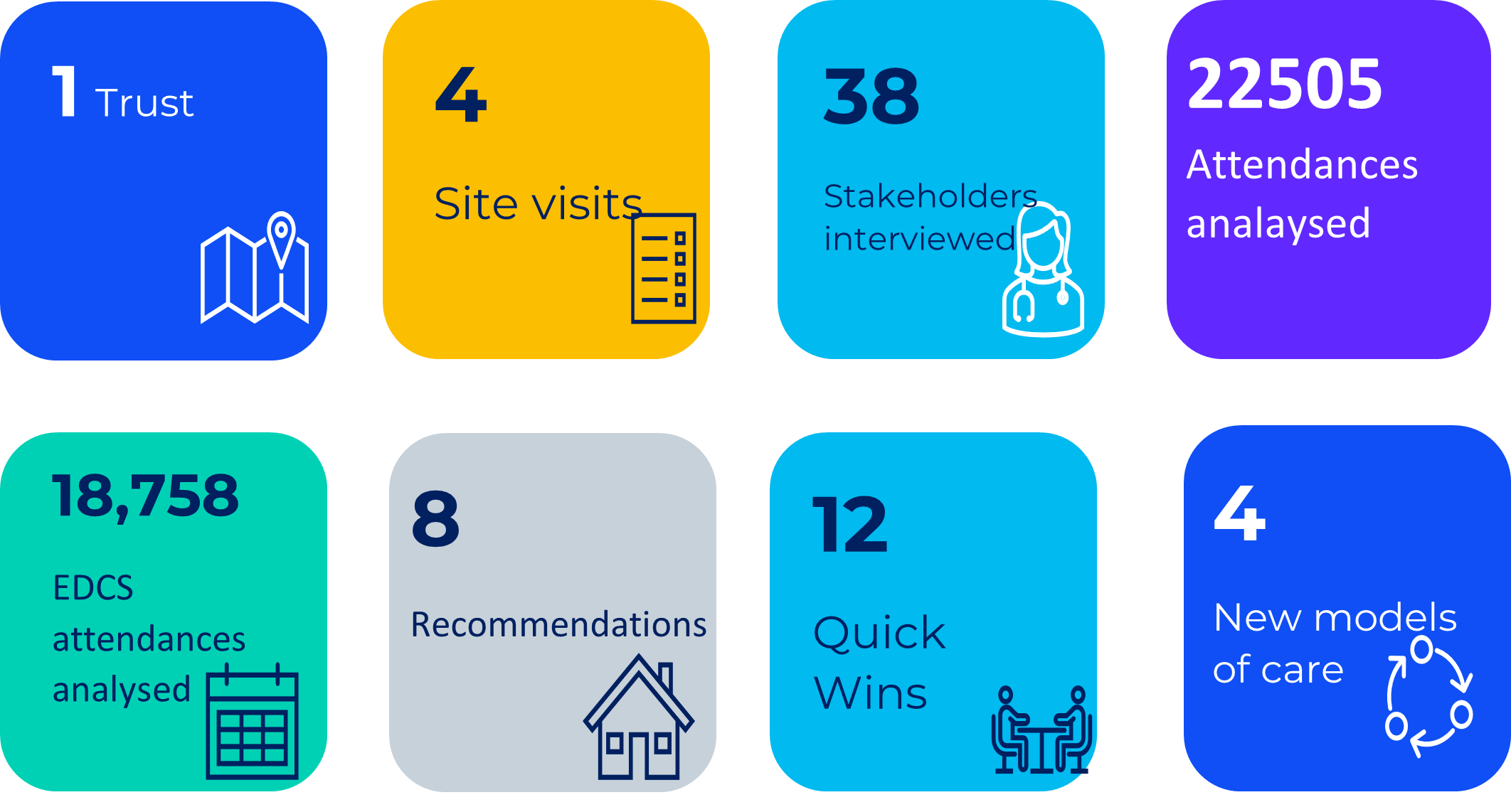
With the help of the CLEAR team, we used the methodology to review and understand three SDECs at the hospital trust – surgical, medical and gynaecology. We looked at patient need, patient flow, pathways, referrals, staffing, leadership, training and estates. For each of the SDECs, we identified some quick wins, clear recommendations, and projected impact. Cost savings were identified due to reduced admissions, bed days and staffing. The project demonstrated the positive impact that SDECs can have for the hospital trust and, most importantly, patient experience and health outcomes.
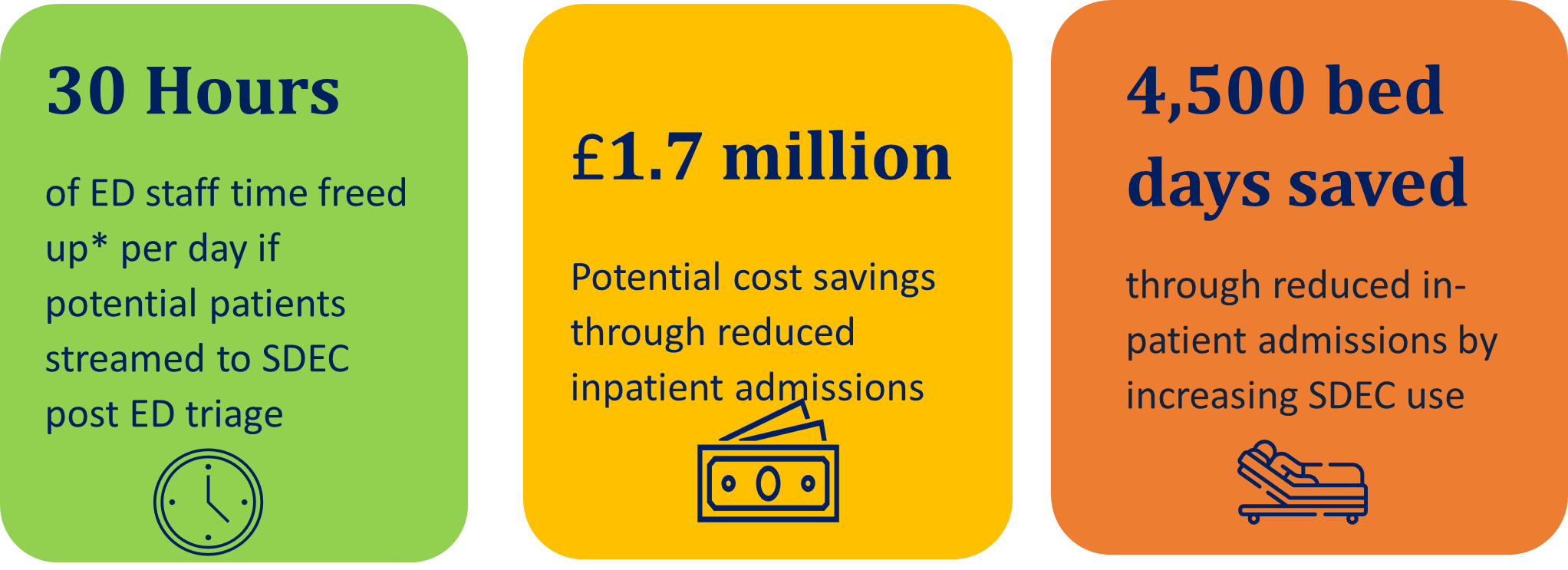
As the programme has progressed, several of the “quick wins” have been implemented. These include introduction of exclusion criteria for the medical SDEC to increase the potential cohort of patients streamed direct from emergency department triage; introduction of point of care testing on the surgical SDEC to improve time to CT scan (a test that takes detailed pictures of the inside of your body); introduction of a Trust-wide SDEC to improve collaboration and sharing good practice between our SDECs. Over the next few years our operational teams will work towards implementing the more transformational change elements including workforce redesign and estate developments as part of our reconfiguration process.
All Trusts will have their own approach to quality improvement – at CHFT this is our Work Together Get Results Programme. The CLEAR programme has enhanced our own internal approach – helping us to look at current issues through a new lens. There is a great opportunity for colleagues across West Yorkshire to collaborate not just on SDEC services but on whole system reviews of the care we give to patients. If anyone would be interested in hearing more about the CLEAR programme, please get in touch.
Thank you for reading,
Mark


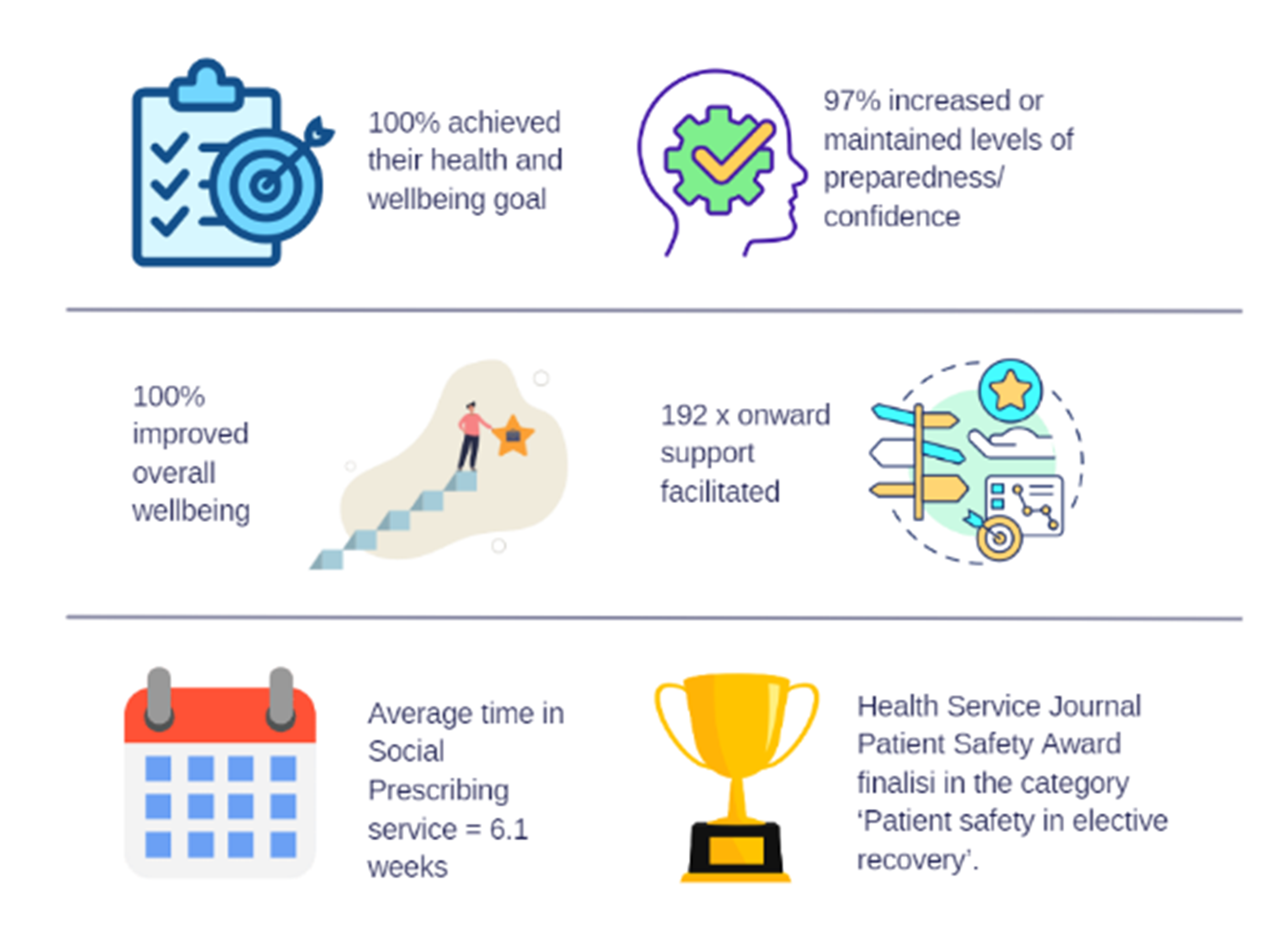
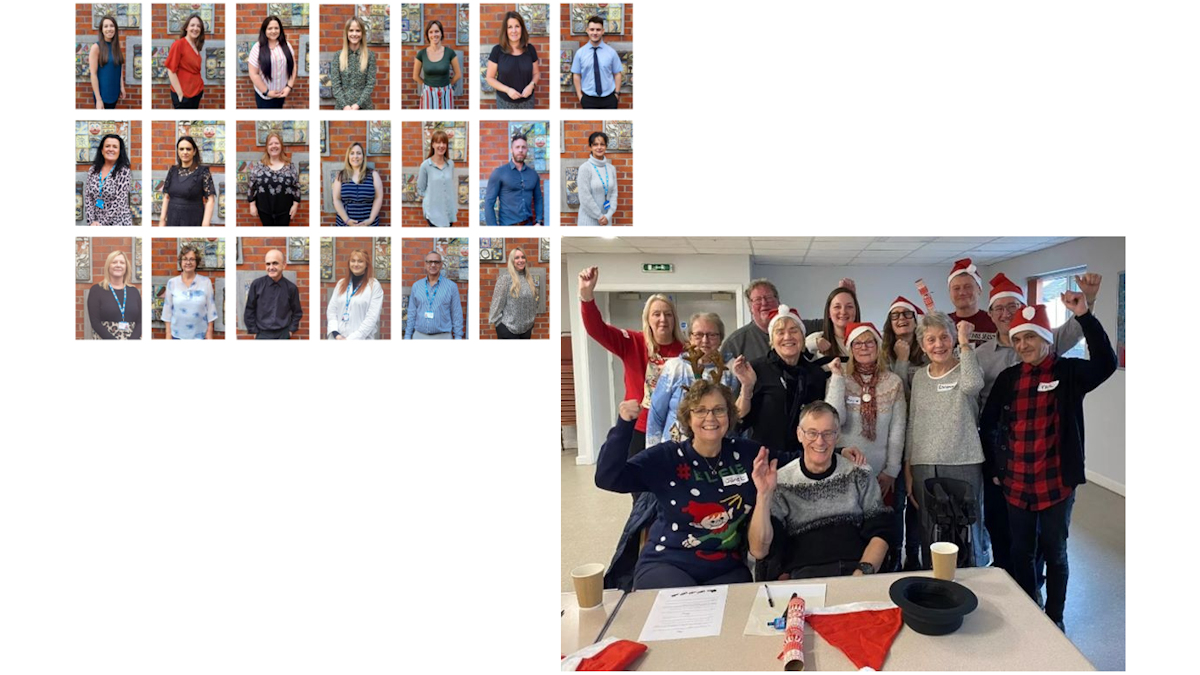
 This week, we are hosting our three-day Adversity, Trauma and Resilience Knowledge Exchange 2024 run jointly with the West Yorkshire Violence Reduction Partnership. This is the fourth Knowledge Exchange bringing partners together with a common aim of helping to strengthen community resilience, build real change and improve lives.
This week, we are hosting our three-day Adversity, Trauma and Resilience Knowledge Exchange 2024 run jointly with the West Yorkshire Violence Reduction Partnership. This is the fourth Knowledge Exchange bringing partners together with a common aim of helping to strengthen community resilience, build real change and improve lives. The Road to Genome is the brand-new podcast from North East & Yorkshire Genomic Medicine Service, that delves into the rapidly evolving world of genomics in healthcare.
The Road to Genome is the brand-new podcast from North East & Yorkshire Genomic Medicine Service, that delves into the rapidly evolving world of genomics in healthcare.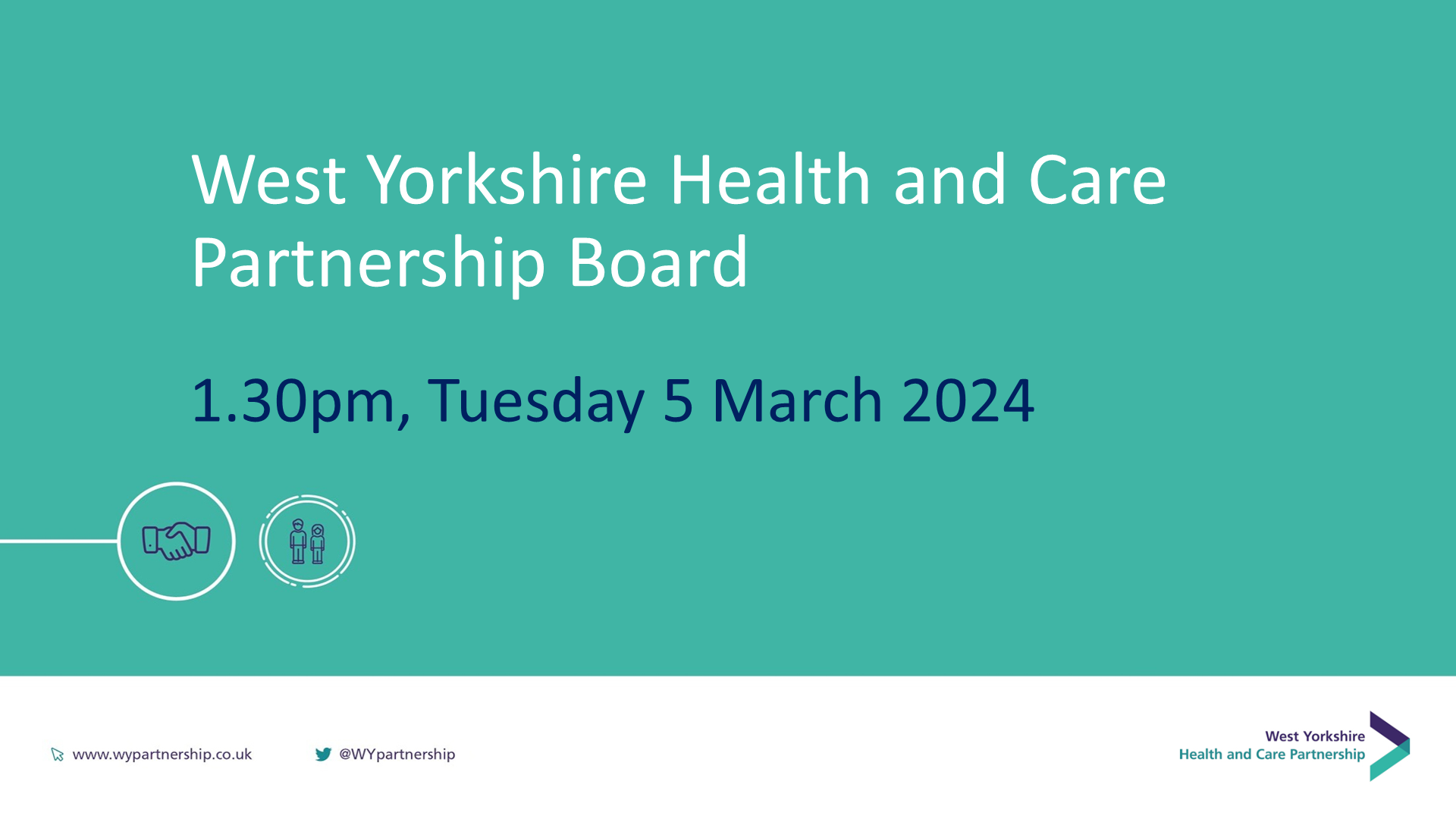 West Yorkshire Health and Care Partnership’s Partnership Board met in public on Tuesday 5 March at Leeds Civic Hall. The meeting was chaired by Cathy Elliott, Chair of NHS West Yorkshire Integrated Care Board.
West Yorkshire Health and Care Partnership’s Partnership Board met in public on Tuesday 5 March at Leeds Civic Hall. The meeting was chaired by Cathy Elliott, Chair of NHS West Yorkshire Integrated Care Board.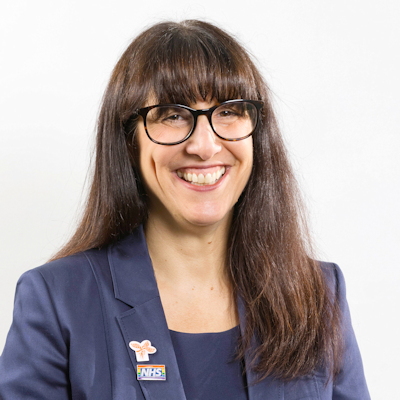 West Yorkshire Chair, Non-Executive Directors, Associate Non-Executive Directors and Non-Executive Members Peer Networking Session
West Yorkshire Chair, Non-Executive Directors, Associate Non-Executive Directors and Non-Executive Members Peer Networking Session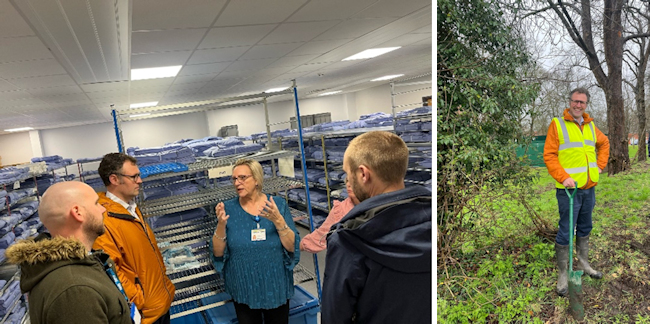 Members of the ICB Board visited Mid Yorkshire Teaching Hospitals NHS Trust on Friday 1 March to learn all about the climate change initiatives in place. This included a review of greenspaces, links to biodiversity and a tree planting opportunity amongst other initiatives.
Members of the ICB Board visited Mid Yorkshire Teaching Hospitals NHS Trust on Friday 1 March to learn all about the climate change initiatives in place. This included a review of greenspaces, links to biodiversity and a tree planting opportunity amongst other initiatives.